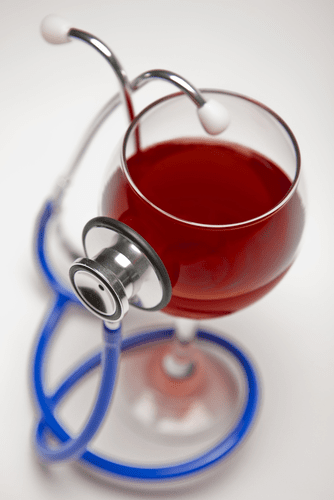Contacting an alcohol use disorder treatment center can help offer advice on where to begin with recovery and how to get help immediately. If you are worried that your or a loved one’s drinking has become out of control, then contact a treatment provider today. Mental health conditions frequently co-occur with alcoholism, with many individuals using alcohol to self-medicate symptoms of anxiety, depression, or trauma.
Long-Term Brain Structure Changes

Screening is important, because early detection and treatment can prevent dangerous complications. As much shame as symptoms may trigger, drinking problems are an understandable human predicament. https://ecosoberhouse.com/ Alcohol not only dehydrates your skin but also your hair and hair follicles.
Alcohol and Mental Health

On the other hand, you should never confront someone if you feel it’s not safe. In these cases, an alcohol intervention with family and friends may be necessary. If you are close to someone who is struggling with alcohol addiction, it can be difficult to know what to do or how to help. You may be worried about them and their well-being, especially if you have seen the negative effects that alcohol addiction can have on a person’s life.
The Progressive Nature of Alcoholism
Many people who drink as a coping mechanism do so to deal with symptoms of these mental illnesses. Unfortunately, excessive alcohol consumption can make these mental illnesses worse. Often, substance abuse can lead to problematic behavior that puts a person with an addiction in defense mode. They may blame their unhealthy behavior on difficult aspects of their life. In other cases, the individual displaying alcoholic personality traits may blame others. Coworkers, housemates, partners, or relatives can become the focus on why they believe they had to turn to drugs or alcohol to cope.
Start Your Recovery Today
You’ll likely experience headaches, nausea, and tremors within the first 6-12 hours. Between hours, your essential signs may elevate, accompanied by fever and confusion. The most dangerous phase occurs at hours, when you’re at risk for seizures and delirium tremens (DTs), affecting about 25% of severe cases.
Cognitive decline often manifests through memory gaps and physical sign of alcoholism poor coordination. These visible markers represent only the surface layer of alcohol’s complex impact on your health. If you or a loved one is experiencing these biological changes due to alcohol addiction, it is crucial to seek professional help. If the above signs present themselves, it may mean that the individual is suffering from alcohol addiction.
- You may notice bumps, bruises or abrasions after drinking episodes or binges.
- The impact of alcoholism is far-reaching, affecting not only the individual but also their loved ones and society as a whole.
- When it comes to understanding alcoholism, it is important to recognize that it is not simply a matter of willpower or moral failing.
- It is a disease that affects the brain and behavior, and it requires professional help and support to overcome it.
- Anyone with diabetes increases their odds of health complications when they drink too much.
Pre-existing health conditions can further complicate your withdrawal process. They may lose feelings of hunger or no longer have a desire for food, as their focus shifts to alcohol. Alternatively, they may crave high-fat foods as alcohol produces the hunger-increasing hormone, ghrelin. In addition, some alcoholic beverages, such as wine and beer, are high in calories, so regular consumption of these drinks can lead to weight gain. Severe alcohol consumption can impair the immune system, which can leave a person at greater risk of infections and skin sores (abscesses). As alcohol dries the skin, our natural defence against pathogens, this can also lead to repeated skin infections.

Alcohol treatment is an “off-label” use of topiramate, which means the FDA has not formally approved it for this use. Also not approved by the FDA, there is limited evidence that baclofen, a drug used to treat muscle spasticity, could help people quit alcohol use. As we mentioned, alcoholism and other types of addiction manifest in different ways with different people.
- You might have even realized that you are displaying many of these traits and are, in fact, addicted to alcohol.
- While under the influence of alcohol—or any other substance—many people are more likely to engage in reckless behavior.
Cirrhosis is when normal liver tissue is replaced by scar tissue, which causes the liver to lose its ability to alcoholism symptoms function well. John C. Umhau, MD, MPH, CPE is board-certified in addiction medicine and preventative medicine. For over 20 years Dr. Umhau was a senior clinical investigator at the National Institute on Alcohol Abuse and Alcoholism of the National Institutes of Health (NIH).